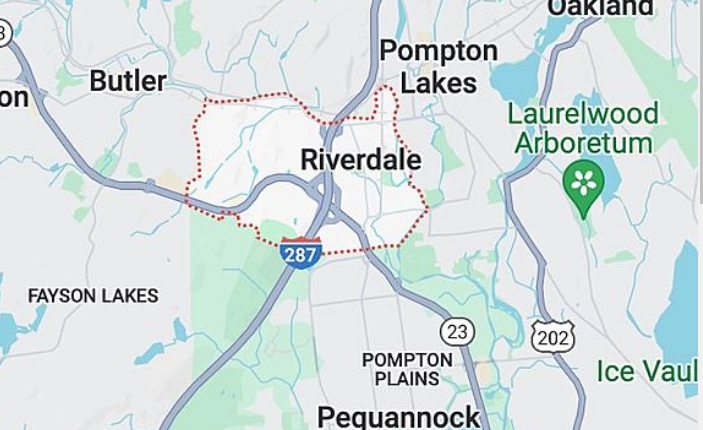New Jersey, known for its diverse climate ranging from humid summers to cold winters, experienced its coldest day ever recorded 120 years ago. This historic day remains a significant marker in the state’s meteorological history, illustrating the extremities of weather conditions that can occur in the region.
This record-setting cold day happened in the early 20th century and has since stood as a testament to the extreme weather conditions that New Jersey can experience. The temperatures on that day plunged to levels that have not been matched since, making it a notable point of reference for meteorologists and climate historians alike.
Understanding New Jersey’s Climate
New Jersey’s climate is classified as humid continental, with cold winters and warm, humid summers. The state’s geographical location contributes to its varied weather patterns, influenced by both the Atlantic Ocean and the Appalachian Mountains. This geographical setting makes New Jersey susceptible to a range of weather conditions, from coastal storms to heatwaves, and, as history shows, extreme cold.
The Impact of the Historic Cold Day

The coldest day ever recorded in New Jersey had significant impacts at the time. It affected daily life, transportation, commerce, and even the natural environment. Such extreme weather conditions can lead to challenges like frozen water pipes, transportation disruptions, and increased energy demands for heating. It also serves as a reminder of the importance of preparedness for extreme weather conditions.
Climate Patterns and Historical Weather Events
Read More:
- United States Verizon’s $100 Million Settlement: Compensation for Customers Over Administrative Charges
- Stimulus Relief Continues: Five U.S. States Distribute Checks in 2024 Amid Economic Strain
- Florida’s January Update: Monitoring the Progress of $2000 and $1400 Stimulus Checks
This historic cold day in New Jersey is part of a broader pattern of significant weather events that have affected the state over the years. These events are essential for understanding the state’s climate history and preparing for future weather-related challenges. They also contribute to the ongoing study of climate change and its impacts on regional weather patterns.
Conclusion
The coldest day recorded in New Jersey 120 years ago remains a significant event in the state’s weather history. It highlights the extremes of the New Jersey climate and the importance of understanding and preparing for such conditions. As we continue to observe changes in global weather patterns, reflecting on historical weather events like this helps in comprehending the evolving nature of our environment and the need for adaptive measures in response to climate change.

